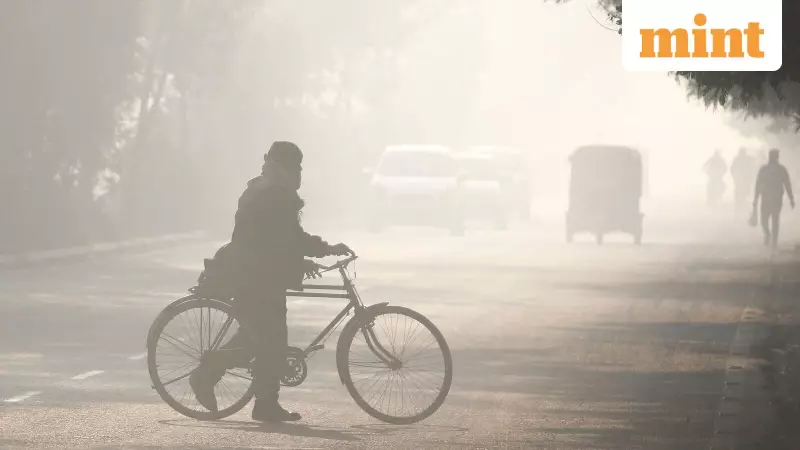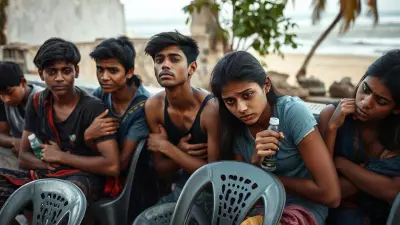
Delhi's air quality crisis has reached alarming levels, prompting authorities to implement stringent measures across the national capital region. The city's Air Quality Index (AQI) surged to a dangerous 425, pushing officials to activate Stage 3 of the Graded Response Action Plan (GRAP), commonly known as GRAP 3.
What Triggered GRAP 3 Implementation?
The decision to enforce GRAP 3 came after AQI levels skyrocketed to 425, placing Delhi's air quality firmly in the 'severe' category. To put this pollution level in perspective, health experts compare breathing Delhi's current air to smoking approximately 30 cigarettes daily. The GRAP 3 protocol automatically activates when AQI readings fall between 401 and 450, indicating severe pollution conditions that require immediate intervention.
Vehicle Restrictions Under GRAP 3: Complete Breakdown
The GRAP 3 mandate includes comprehensive restrictions on vehicular movement across Delhi-NCR. Understanding these rules is crucial for commuters and transport operators to avoid penalties and contribute to pollution reduction efforts.
Vehicles Permitted in Delhi-NCR
Several categories of vehicles continue to operate despite the restrictions:
- Inter-state buses running on electric power, CNG, or BS-VI diesel technology
- All India Tourist Permit (AITP) buses and tempo travelers
- Specially adapted four-wheelers for physically challenged individuals (BS-III petrol and BS-IV diesel Light Motor Vehicles)
- BS-IV diesel Medium Goods Vehicles registered in Delhi that transport essential commodities or provide essential services
- BS-IV diesel Light Commercial Vehicles from outside Delhi carrying essential goods or providing essential services
Vehicles Prohibited in Delhi-NCR
The restrictions specifically target more polluting vehicles:
- Inter-state buses from NCR states, excluding electric, CNG, and BS-VI diesel variants
- BS-III petrol and BS-IV diesel Light Motor Vehicles
- BS-IV diesel Medium Goods Vehicles registered in Delhi
- BS-IV diesel light goods carriers registered outside Delhi not involved in essential services
- Non-designated goods vehicles will face diversion at Delhi's border entry points
Authorities will take strict action against vehicles violating Pollution Under Control Certificate (PUCC) norms, emphasizing the seriousness of the pollution crisis.
What Comes Next if GRAP 3 Fails?
If the current measures prove insufficient in controlling pollution levels, authorities are prepared to escalate to GRAP 4 restrictions. This next phase would introduce even stricter regulations, potentially banning all BS-IV diesel buses and commercial vehicles transporting non-essential items. Under GRAP 4, only commercial vehicles operating on electric power, CNG, or LNG would receive permission to enter and operate within Delhi-NCR.
The implementation of GRAP 3 marks a critical juncture in Delhi's ongoing battle against air pollution, with vehicle restrictions forming a central component of the strategy to improve air quality and protect public health across the capital region.





